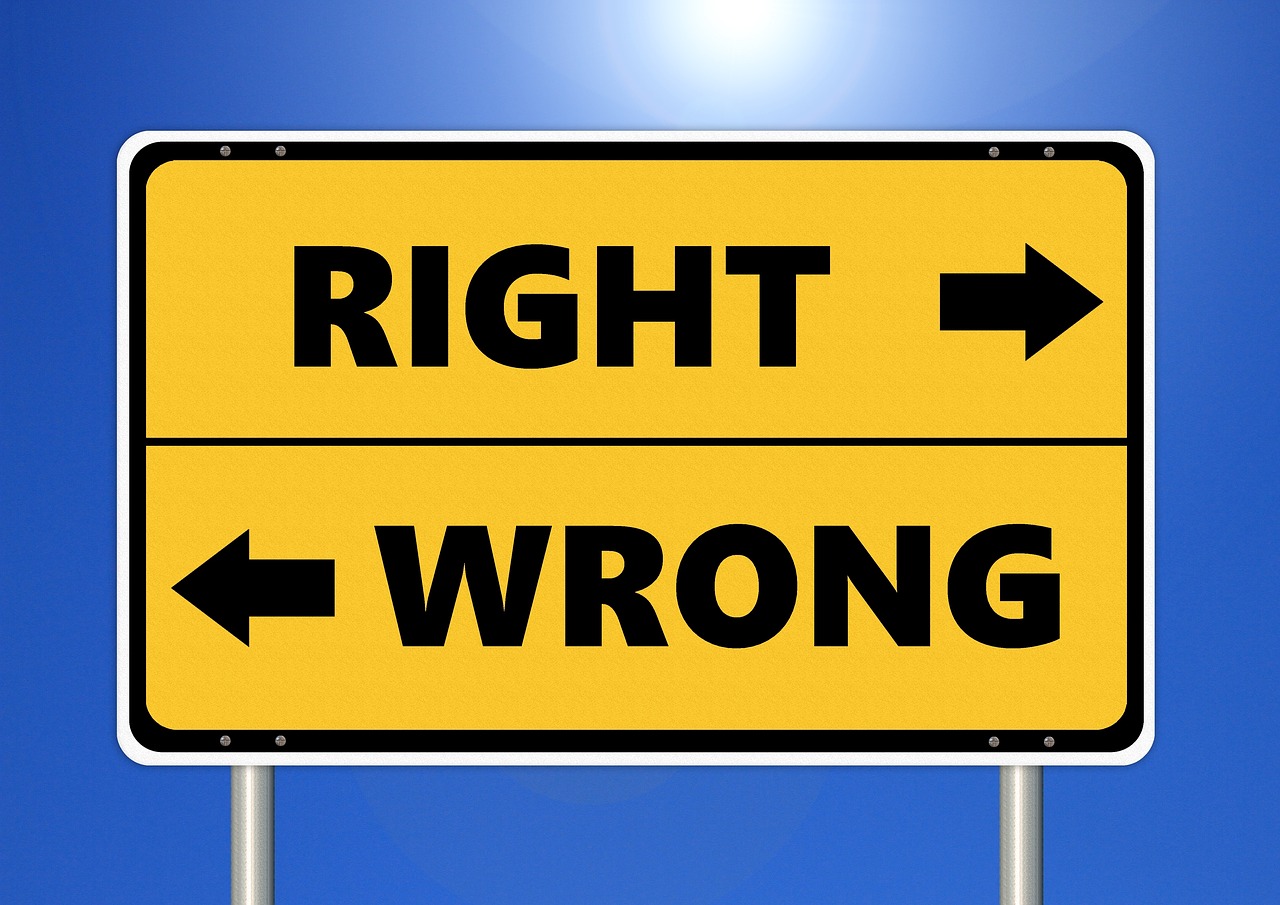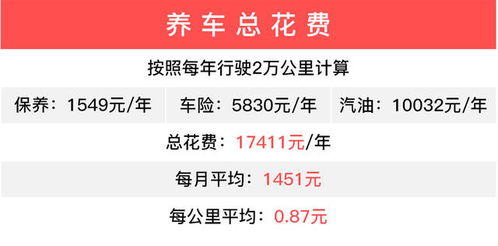区块链生态谷是什么
Title: Building a Sustainable Blockchain Education Ecosystem
In recent years, the blockchain technology has gained significant attention across various industries, including education. The concept of a blockchain education ecosystem refers to the integration of blockchain technology into educational systems to enhance transparency, security, and efficiency. Let's delve into the key components and benefits of a blockchainbased education ecosystem, along with some guidance on its implementation.
Components of a Blockchain Education Ecosystem
1.
Decentralized Credentials:
Blockchain enables the creation and verification of decentralized credentials such as certificates, diplomas, and badges. These credentials are tamperproof, verifiable in realtime, and can be securely stored in digital wallets, providing individuals with full ownership and control over their educational achievements.2.
Smart Contracts for Education:
Smart contracts automate various processes in education, such as enrollment, course completion tracking, and certification issuance. By leveraging smart contracts, educational institutions can streamline administrative tasks, reduce costs, and ensure compliance with predefined rules and regulations.3.
Immutable Records:
Blockchain maintains an immutable record of all educational transactions, including academic achievements, course registrations, and learning progress. This transparency and auditability enhance trust among stakeholders, including students, educators, employers, and accrediting bodies.4.
Microcredentialing and Continuous Learning:
Blockchain facilitates microcredentialing, allowing individuals to earn and showcase specific skills or competencies acquired through short courses, workshops, or online learning modules. This promotes continuous learning, skill diversification, and personalized career pathways.5.
Secure Data Sharing:
Educational institutions can securely share sensitive data, such as academic transcripts and research findings, with authorized parties using blockchainbased data sharing protocols. This ensures data privacy, prevents unauthorized access, and enables seamless collaboration within the education sector.Benefits of a Blockchain Education Ecosystem
1.
Transparency and Trust:
Blockchain promotes transparency by providing a decentralized and auditable record of educational data and credentials. This transparency builds trust among stakeholders and reduces instances of credential fraud or misrepresentation.2.
Data Integrity and Security:
Blockchain's immutability ensures that educational records remain tamperproof and resistant to unauthorized modifications. This enhances data integrity, protects against data breaches, and fosters a secure learning environment.
3.
Efficient Credential Verification:
With blockchainbased credentials, employers and institutions can verify educational achievements quickly and reliably, eliminating the need for timeconsuming manual verification processes.4.
Cost Savings and Automation:
By automating administrative tasks through smart contracts and blockchainbased systems, educational institutions can reduce operational costs, improve efficiency, and allocate resources more effectively.5.
Global Accessibility:
Blockchain technology facilitates global accessibility to educational resources and credentials, enabling learners from diverse backgrounds to access quality education, collaborate with international peers, and pursue learning opportunities without geographical barriers.Implementing a Blockchain Education Ecosystem: Guidance
1.
Collaboration:
Foster collaboration among educational institutions, technology providers, regulatory bodies, and industry stakeholders to define standards, protocols, and best practices for implementing blockchain in education.2.
User Education:
Educate students, educators, and administrators about the benefits and functionalities of blockchain technology to promote adoption and utilization within the education ecosystem.3.
Interoperability:
Ensure interoperability among blockchain platforms and systems to enable seamless data exchange, credential portability, and compatibility with existing educational infrastructure.4.
Privacy and Compliance:
Prioritize data privacy, security, and compliance with regulatory frameworks such as GDPR (General Data Protection Regulation) to protect sensitive information and uphold ethical standards in educational data management.5.
Pilot Projects and Evaluation:
Start with pilot projects to test blockchainbased solutions in specific educational use cases, gather feedback from stakeholders, iterate on improvements, and measure the impact on transparency, efficiency, and user experience.By embracing blockchain technology in education, we can create a more transparent, secure, and inclusive ecosystem that empowers learners, educators, and institutions to thrive in the digital age.
免责声明:本网站部分内容由用户自行上传,若侵犯了您的权益,请联系我们处理,谢谢!联系QQ:2760375052











